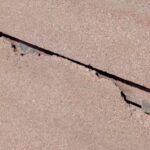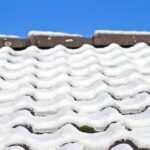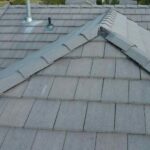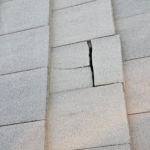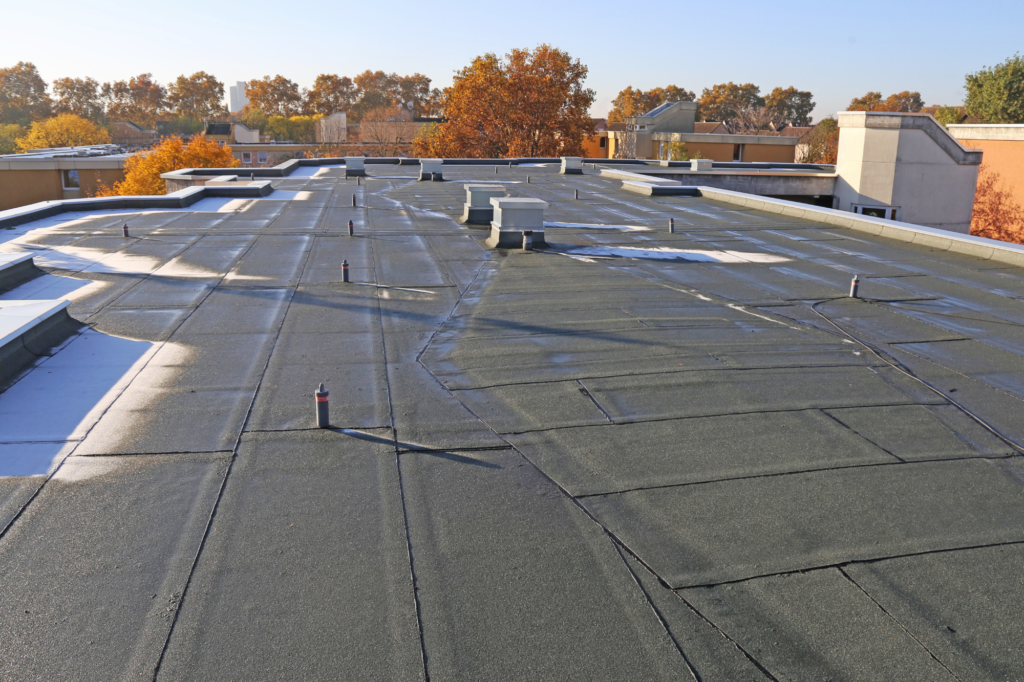
Among the types of commercial roofing systems available, which is the best fit for your property? When it comes to protecting your business and ensuring a long-lasting roof, choosing the right commercial roofing is an important decision. Fortunately, the market offers a wide range of options, each with its own advantages and considerations, so you’ve got a lot of great choices to choose from.
In this comprehensive guide, we will explore the most popular types of commercial roofing systems, their pros and cons, and how to select the perfect option for your building.
Understanding the Importance of Commercial Roofing
Before diving into the specifics of various commercial roofing systems, it’s essential to understand their significance. A commercial roof plays a vital role in protecting your business from external elements such as weather, water damage, and even energy inefficiency.
Aside from blazing summers and cold winters, Colorado is known for its varying temperatures throughout the day, and areas like Commerce City and other locations experience hail and windstorms, which can cause a lot of damage to roofs.
With this in mind, your property’s roof needs to be well-suited in functionality for the best protection possible. Additionally, it should also match your business in design and appearance. Your commercial roof is an investment in both your business’s safety and long-term success.
Providing High-Quality Commercial Roofing in Commerce City, CO
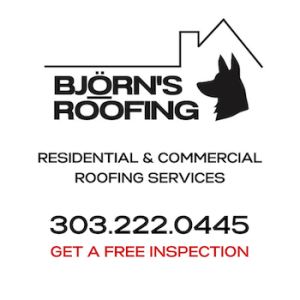
Different Types of Commercial Roofing: Factors to Consider
When selecting a commercial roofing system, several factors should be taken into consideration. These factors include:
- Climate and Weather Conditions: Different roofing systems perform better in certain climates. For example, a roofing system that can withstand extreme heat might be more suitable for businesses located in hot regions, while a system with high wind resistance is essential for areas prone to hurricanes or strong gusts.
- Building Structure and Design: The architecture and structural design of your building can influence the choice of roofing system. Factors such as roof slope, load-bearing capacity, and compatibility with existing structures should be considered.
- Energy Efficiency: Energy costs can be a significant expense for businesses. Opting for an energy-efficient roofing system can help reduce heating and cooling expenses, leading to long-term cost savings.
- Longevity and Maintenance: The lifespan of a roofing system and the associated maintenance requirements should be evaluated. Some systems may require more frequent inspections and repairs, while others offer greater durability and require minimal maintenance.
- Budget: Budgetary constraints are always a consideration. It’s important to strike a balance between the initial cost of installation and the long-term savings and benefits of the chosen roofing system.
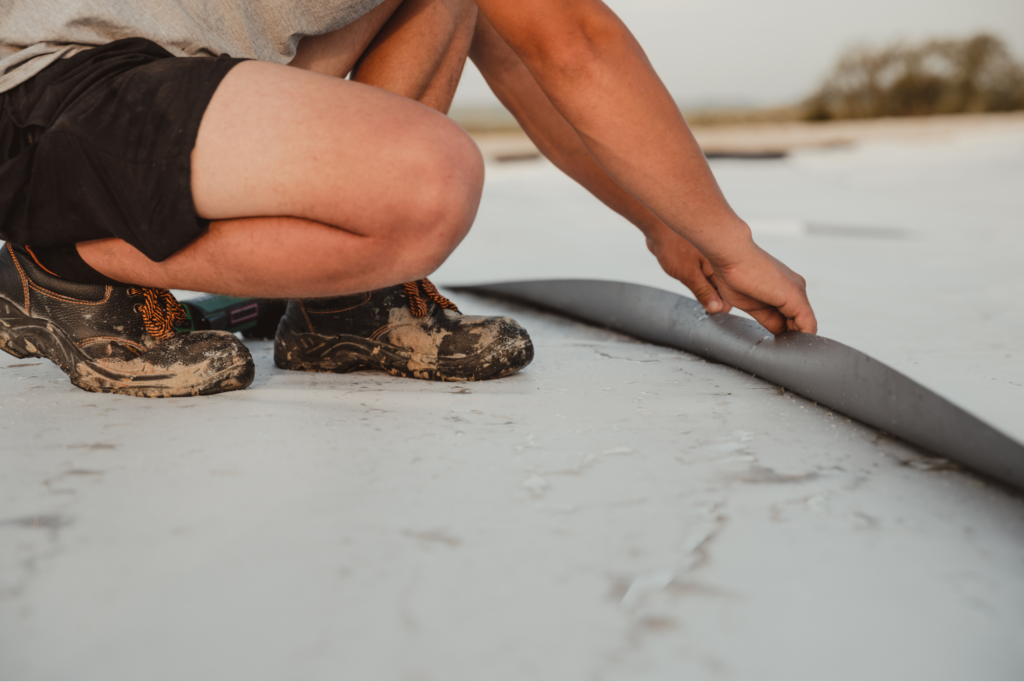
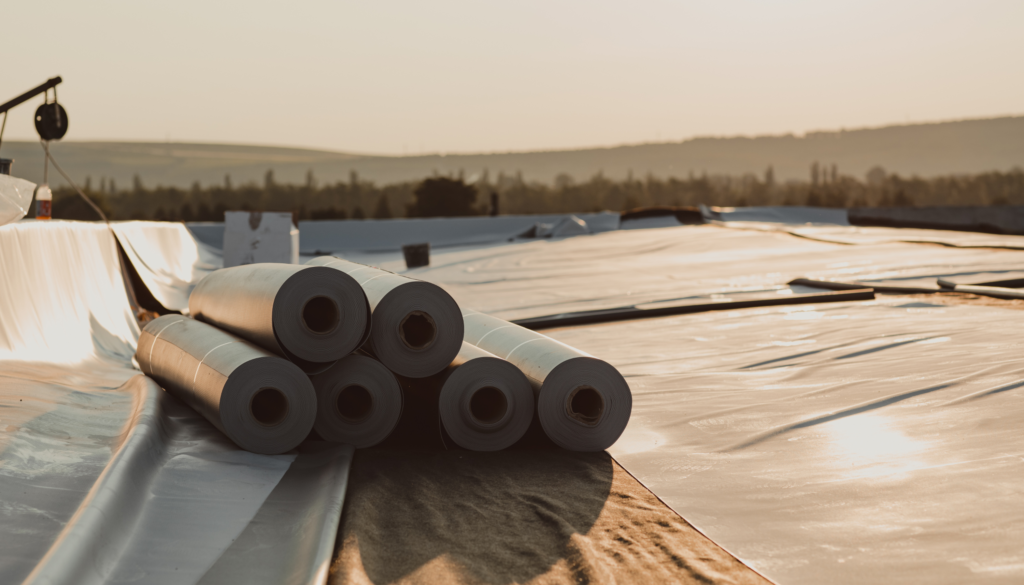
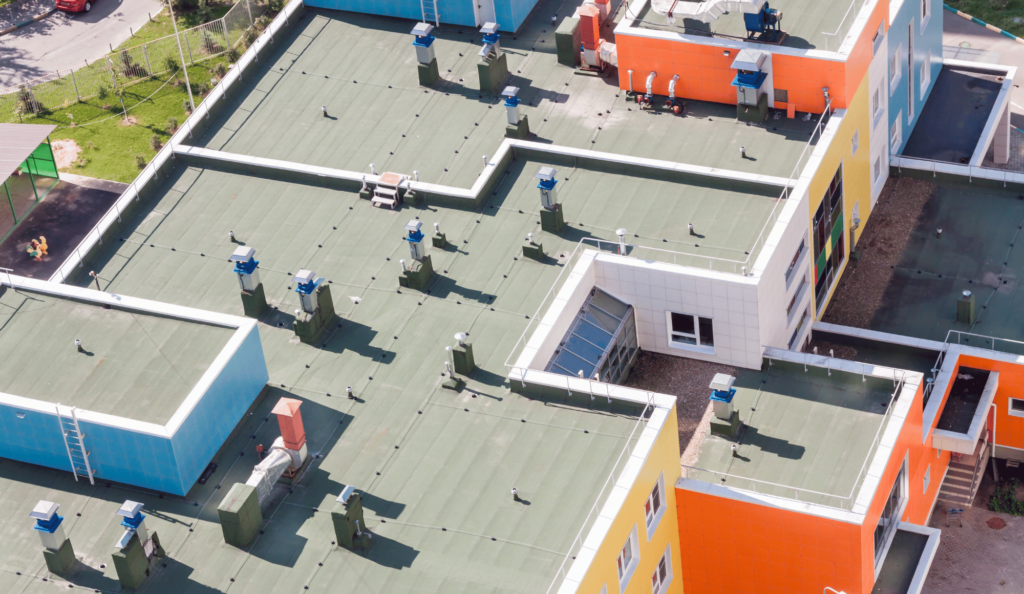
Types of Commercial Roofing Systems
Now that we’ve covered the key factors to consider, let’s explore the most popular types of commercial roofing systems available in the market today. From traditional options to innovative green roofing systems, there is a wide range of choices to suit your business needs.
1. Built-Up Roofing Membrane (BUR)
Built-Up Roofing Membrane, commonly known as BUR, is a time-tested and popular choice for commercial buildings. This roofing system consists of multiple layers of asphalt and roofing felt, creating a durable and waterproof membrane. The layers are typically topped with gravel or a mineral cap sheet for added protection against weather elements.
Pros:
- Excellent waterproofing capabilities, preventing leaks and water damage
- Easy to install, especially for contractors experienced in BUR installation
- Cost-effective option compared to some other roofing systems
Cons:
- Requires proper drainage systems to prevent water pooling and potential mold growth
- Limited suitability for steep roofs due to the added weight and additional structural support requirements
2. Metal Roofing
Metal roofing is another popular choice among commercial property owners due to its durability, longevity, and visual appeal. It is available in various materials, including aluminum, copper, galvanized steel, and zinc. Apart from aesthetics, metal roofs are known for their resistance to fire, high wind speeds, and extreme weather conditions.
Pros:
- Great durability and longevity, with a lifespan of up to 50 years or more
- Low maintenance requirements, resulting in long-term cost savings
- Energy-efficient, reflecting sunlight and reducing cooling costs
Cons:
- Initial installation cost can be higher compared to other roofing systems
- Because of the metal material, it can be noisy during heavy rain or hailstorms, requiring proper insulation
3. Modified Bitumen Roofing (MBR)
Modified Bitumen Roofing, or MBR, is a popular choice for low-slope or flat roofs. It consists of asphalt-saturated felt, reinforced with fiberglass or polyester, and coated with a mineral-based surfacing for added protection. MBR is known for its affordability and effectiveness in preventing leaks.
Pros:
- Cost-effective option, making it suitable for businesses with budget constraints
- Easy installation process, including application over existing asphalt shingle roofs
- Excellent waterproofing capabilities, reducing the risk of leaks and water damage
Cons:
- Relatively shorter lifespan compared to some other roofing systems, typically around 15 years
- Requires regular maintenance and inspections to ensure optimal performance
4. Thermoset Roof Membrane (EPDM)
Thermoset Roof Membrane, commonly known as EPDM, is a synthetic rubber roofing system. It is highly durable, resistant to UV rays and ozone, and can withstand extreme temperature fluctuations. EPDM roofs are typically installed as a single-ply membrane, adhered using heat or adhesives.
Pros:
- Long lifespan, often exceeding 20 years when properly installed and maintained
- Excellent resistance to UV rays and ozone, reducing the risk of material degradation
- Cost-effective option with low maintenance requirements
Cons:
- Limited aesthetic options, as EPDM roofs are typically black and do not offer much customization
- Vulnerable to punctures from sharp objects or falling debris, requiring caution during maintenance
5. Thermoplastic Roof Membrane (PVC & TPO)
Thermoplastic Roof Membrane includes options such as PVC (Polyvinyl Chloride) and TPO (Thermoplastic Olefin). These roofing systems offer excellent resistance to chemicals, punctures, and UV rays. They are available in various colors and can be installed using heat welding or mechanical fastening.
Pros:
- Durable but also more affordable than other roofing systems
- Energy-efficient, with high reflectivity and the ability to reduce cooling costs
- Resistant to chemicals, punctures, and UV rays, resulting in durability and low maintenance
Cons:
- Quality control is essential, as not all manufacturers produce reliable PVC or TPO membranes
- Some formulations may have shorter warranties, requiring careful selection of reputable manufacturers
- Regular maintenance is necessary to ensure long-term performance and prevent potential issues
6. Garden “Green” Roofing System
Green roofing systems, also known as garden roofs, are gaining popularity due to their environmental sustainability and aesthetic appeal. These roofs consist of multiple layers, including a waterproof membrane, drainage system, and soil for growing plants. Green roofs provide insulation, reduce storm water runoff, and contribute to air quality improvement.
Pros:
- Environmental sustainability, reducing carbon footprint and promoting biodiversity
- Excellent insulation properties, reducing heating and cooling costs
- Aesthetically pleasing, providing an attractive green space for employees or customers
Cons:
- Requires specialized installation and maintenance, including irrigation and plant care
- Higher initial installation costs compared to traditional roofing systems
- Weight considerations, as additional structural support may be required for extensive green roofs
7. Asphalt Shingles
Although commonly associated with residential roofing, asphalt shingles are also suitable for some commercial applications. They are cost-effective, easy to install, and available in various styles and colors. Asphalt shingles are typically used for sloped roofs and offer good protection against weather elements.
Pros:
- One of the affordable types of commercial roofing
- Versatile in terms of style and color choices, allowing customization
- Great for various climate conditions, providing good protection against weather elements
Cons:
- Relatively shorter lifespan compared to some other roofing systems, typically around 15-30 years
- Susceptible to damage from extreme weather conditions, such as hail or high winds
- Regular maintenance and inspections are necessary to detect any potential issues or leaks
Maintenance and Repair of Commercial Roofing Systems
Apart from proper installation, regular maintenance and repair of your commercial roofing is essential for prolonging its lifespan and keeping it in its best condition:
- Regular inspections should be conducted to identify any signs of damage, such as cracks, leaks, or loose seams.
- Prompt repairs should be carried out to prevent further deterioration.
- Routine cleaning and debris removal should be performed to avoid clogging of drainage systems and potential water accumulation.
- Hire professional roofing contractors for maintenance and repair tasks to ensure the highest quality workmanship and adherence to safety standards.
Hiring a Professional Commercial Roofing Contractor
When it comes to installing, maintaining, or repairing commercial roofing, you can expect the best results from professional contractors that have the expertise and experience in handling commercial projects.
Hiring a reputable roofing contractor in Commerce city, Colorado has lots of advantages. They can provide expert guidance and recommendations when it comes to choosing the most suitable type of commercial roof for your business. Additionally, you’ll have the peace of mind knowing that your roof is safe in professional hands.
Bjorns’ Roofing is a Denver-based roofing contractor that offers professional commercial roofing services in Commerce City and surrounding areas. You can rely on us to provide proper installation, use high-quality materials, and give you excellent results. Contact us today for a FREE roof inspection!
A Strong Roof for Your Commerce City Property
Choosing the right commercial roofing system for your business is a crucial decision that requires careful consideration of various factors. From durability and cost-effectiveness to energy efficiency and aesthetic appeal, each roofing system offers unique advantages and considerations.
By understanding the pros and cons of different options, you can make an informed decision that aligns with your business needs and budget. Remember to consult with a reputable roofing contractor to ensure proper installation and maintenance for long-term success.
Latest Posts
Related: types of commercial roofing materials, different types of commercial roofing systems, commercial roofing materials, commercial roofing systems, commercial roofing types, membrane materials pros cons commercial, types of commercial roofing
